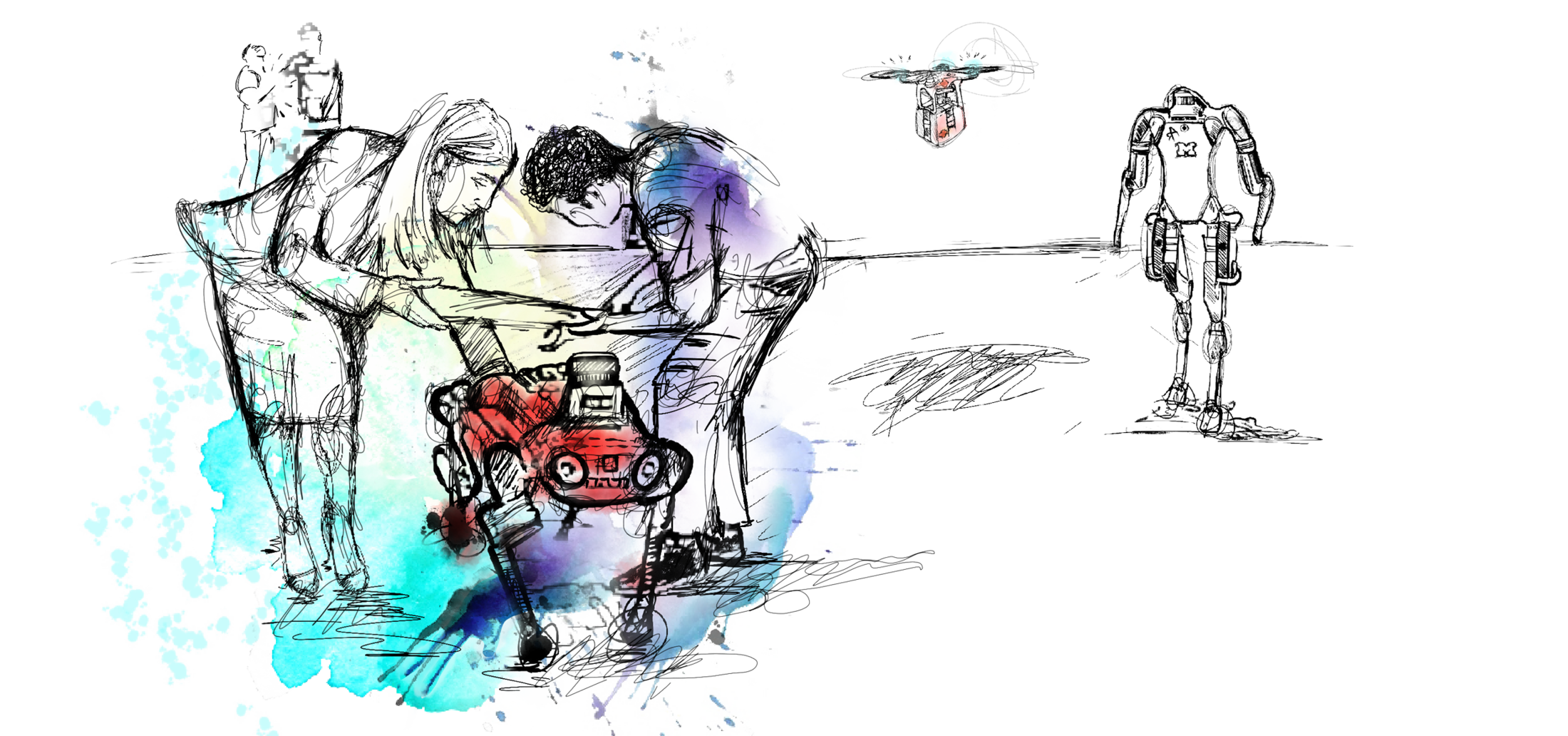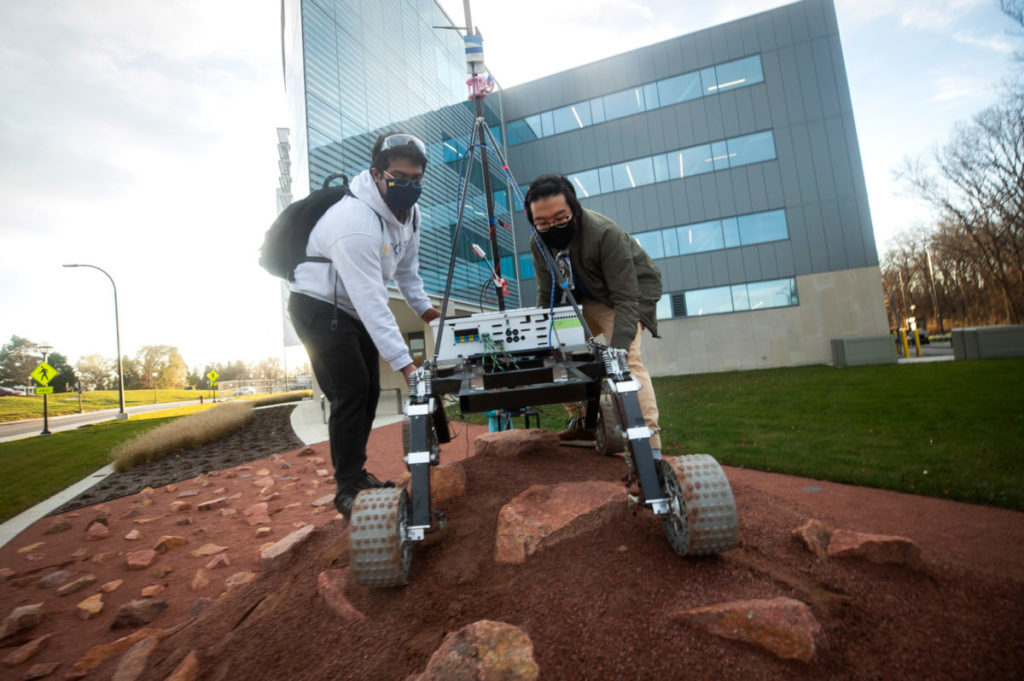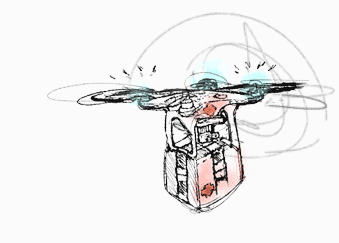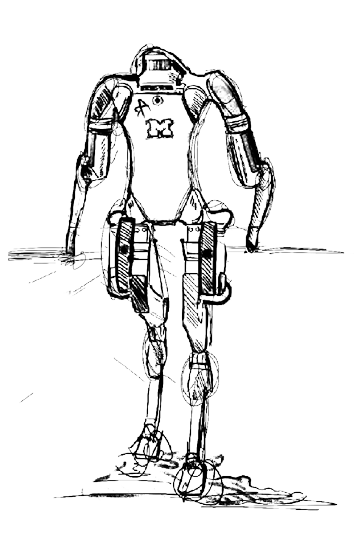
Robotics for humanity
U-M’s one-of-a-kind robotics program is meeting needs from industry and students.
As one of just five in the world, and the only at a top-10 US engineering school, Michigan Engineering’s Robotics Department is defining robotics not only as a discipline, but as a pathway to improve the quality of human life.
The department, founded in 2022, is fostering a talented pool of roboticists who are both highly-skilled and mission-driven. Achieving that mix of knowledge and values is critical as companies strive to prevent biases from entering their technologies and demand soars. The global industrial and service robotics market is anticipated to grow by more than 20% year-over-year, reaching $310 billion by 2025.

By granting students access to the full spectrum of robotics and bringing together experts across disciplines in our 134,000-square-foot, state-of-the-art Ford Motor Company Robotics Building, Michigan Robotics is crafting the next-generation of engineering education.
“I want every student to walk away with an understanding of the potential for robots to help people and how they can be a part of that,” said Dawn Tilbury, the Ronald D. and Regina C. McNeil Department Chair of Robotics, Herrick Professor of Engineering, associate vice president for research-convergence science, professor of mechanical engineering and professor of electrical engineering and computer science. “Whether they go to graduate school or move into their careers, I want them to walk away with the tools to build, design, program and rollout robotic technologies that contribute to positive change within our world.”
Adding to existing graduate programs, its holistic undergraduate curriculum launched in 2022 with more than 30 course offerings, providing exposure to technologies that were inaccessible for most undergraduate students a decade ago. These include 3D printing for rapidly prototyping new robot designs and high-speed laser scanning that enables simultaneous localization and mapping. Through an approach the robotics faculty call “coding is believing,” they teach engineering fundamentals through robotics projects, addressing the core interests of students from day one.
In just its first year, 102 undergraduates declared robotics as their major. The program has awarded 34 PhDs since 2019.

The department continues to lead beyond Michigan. They published their curriculum to make it freely available. They’ve also expanded the open-source Distributed Teaching Collaborative, which partners with Morehouse College, Howard University and Berea College to offer courses to students at those institutions. More than 150 students from partner institutions have joined U-M students in remote classes through this effort.
“Robotics has so much potential because it really brings together so many different engineering disciplines—biomedical, computer science, electrical, industrial, mechanical, aerospace, and naval architecture and marine engineering,” Tilbury said. “Michigan roboticists will possess the knowledge and skills to develop robotics that help people across a multitude of arenas whether that’s within their workplace, home or community.”
